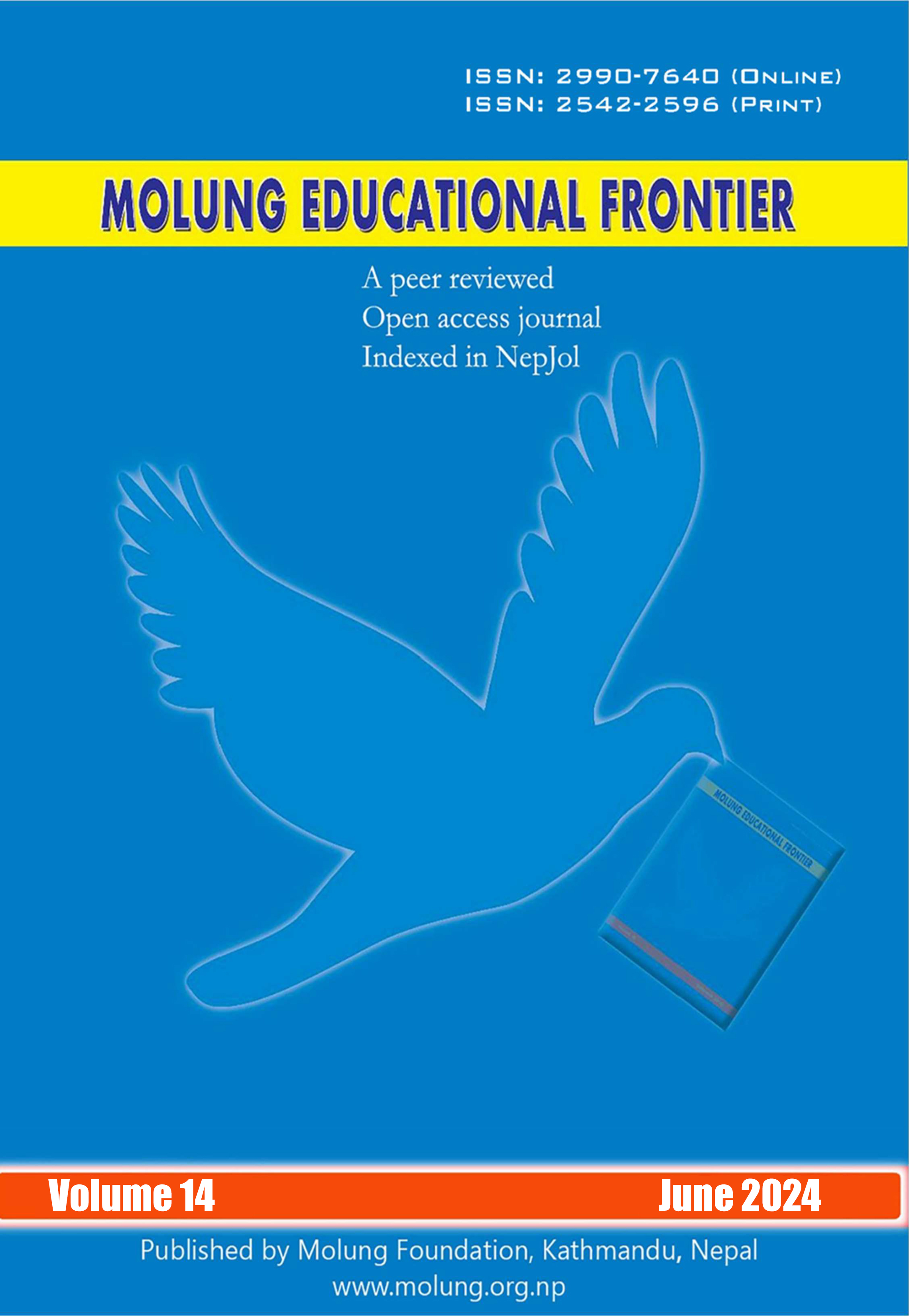Exploring Assessment Practice in Community Schools in Nepal
DOI:
https://doi.org/10.3126/mef.v14i01.67924Keywords:
evidence-based assessment, rubric, hands-on experience, transversal competenciesAbstract
The assessment that reflects the praxis of students’ hands-on learning experiences motivates students to link theoretical learning to real-life situations. The existing assessment is blamed for being poor in assessing such quality. Therefore, this paper makes an in-depth study of existing practices of assessment systems and explores student-friendly, evidence-based, and goal-oriented assessment practices that lead students from the area of their interest to the designed goals. Following narrative inquiry as a research design, information was collected, coded, schematized, and generated meaning from the participants’ meaning making of the assessment system in the schools. The study found that the students have a sort of fear and detestation of the existing high stakes testing. Similarly, the practical examination has lacked trustworthiness, validity, and consistency. Although students have experienced some assessment tools as friendly, engaged, and goal oriented, they have weak decisive roles in grading. Classroom activities should be learner-engaged, performance-based, and hands-on experience-oriented. Their participation and performance in classroom activities can lead them to transcend the designed objectives. The grading scheme should be made so transparent and precise that the students by themselves can identify where their learning level is. The paper-pencil test as an assessment tool should reflect how the learning contents, classroom activities, and overall, the programs are. The study concludes that classroom activities should be designed in such a way that students’ participation in the activities can lead them to achieve the designed goals.
Downloads
Downloads
Published
How to Cite
Issue
Section
License
© Molung Foundation




